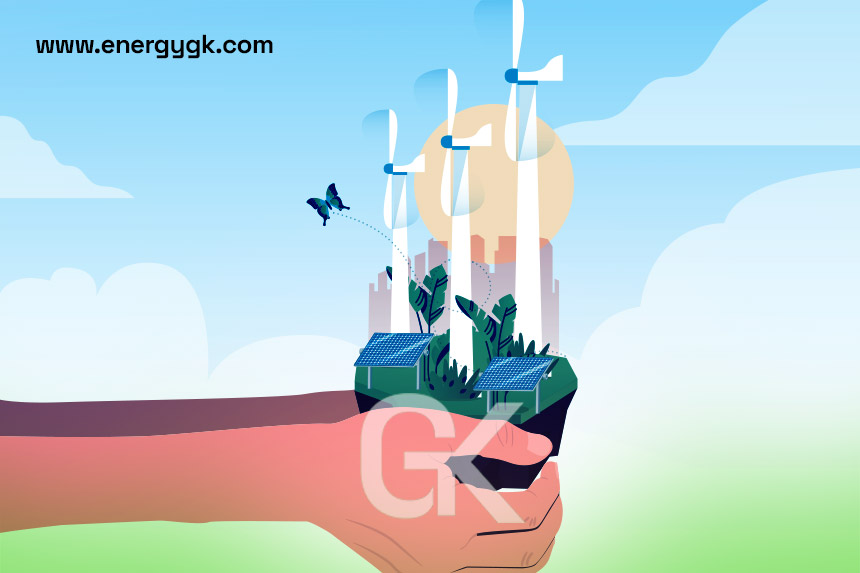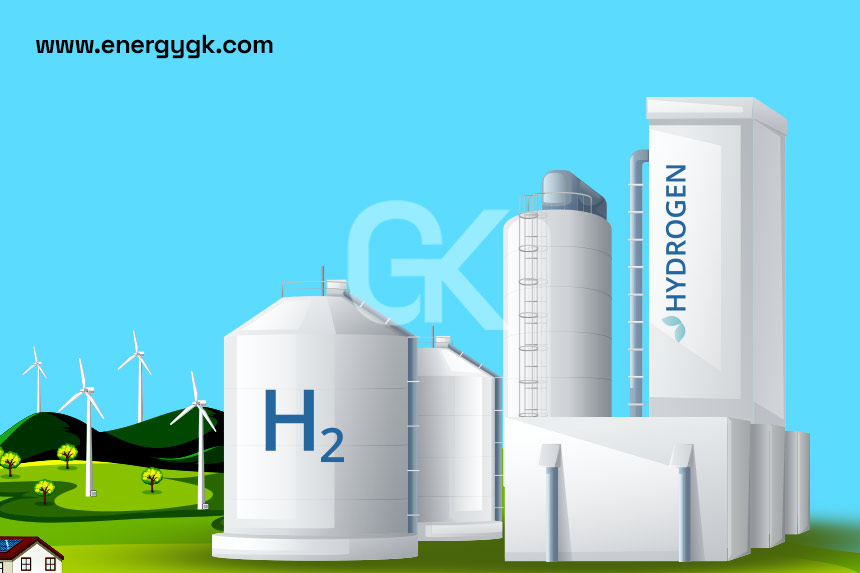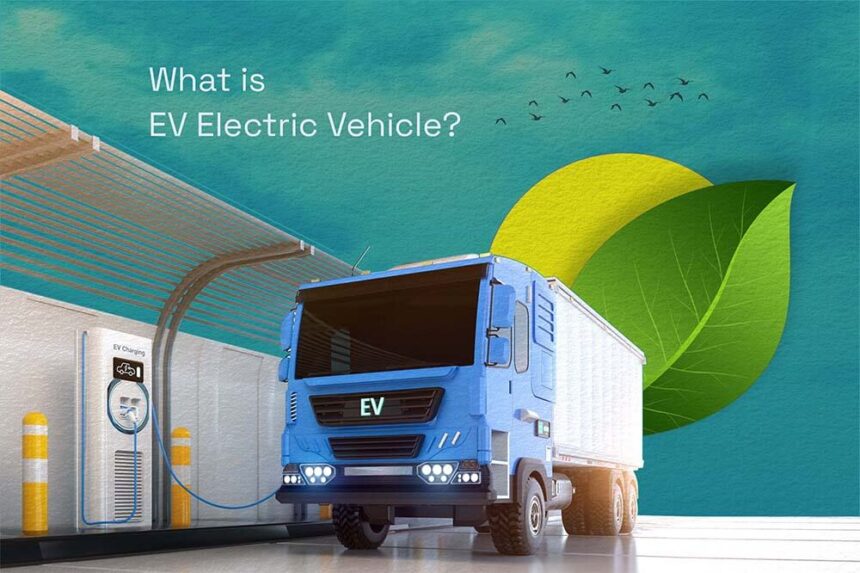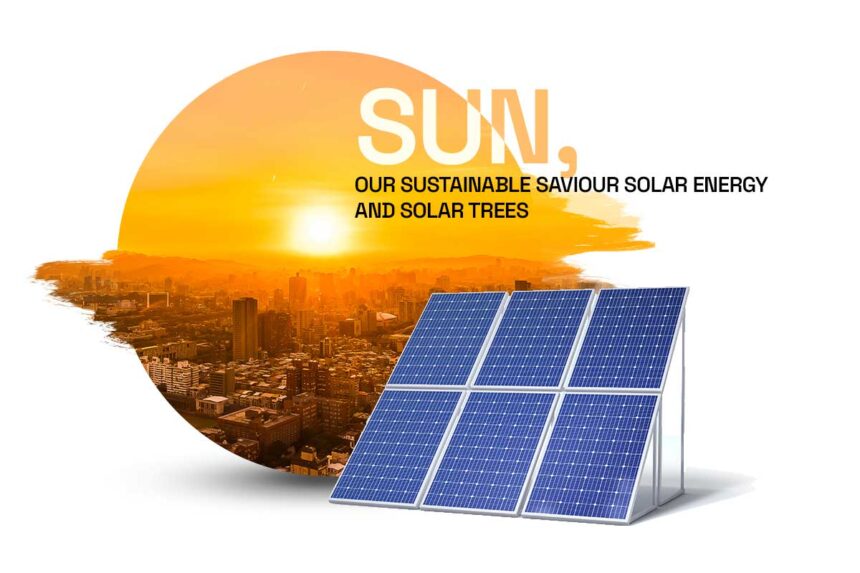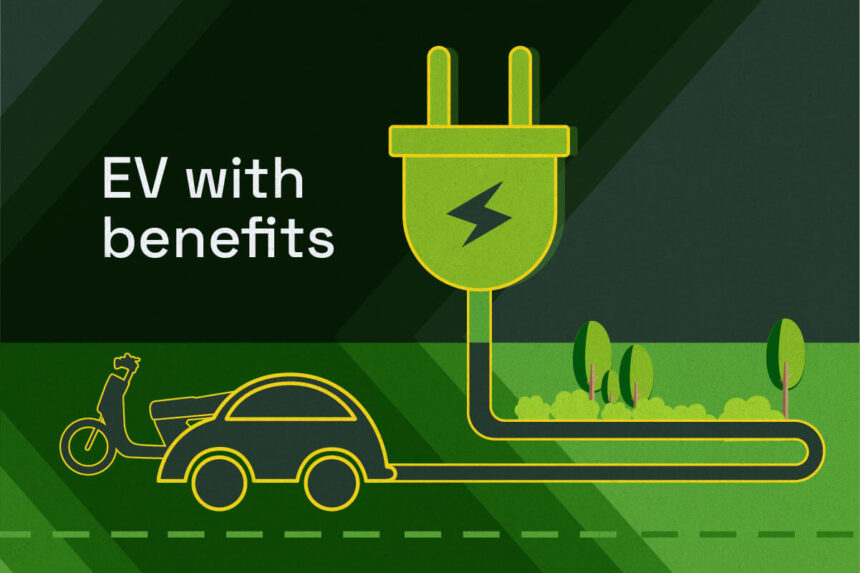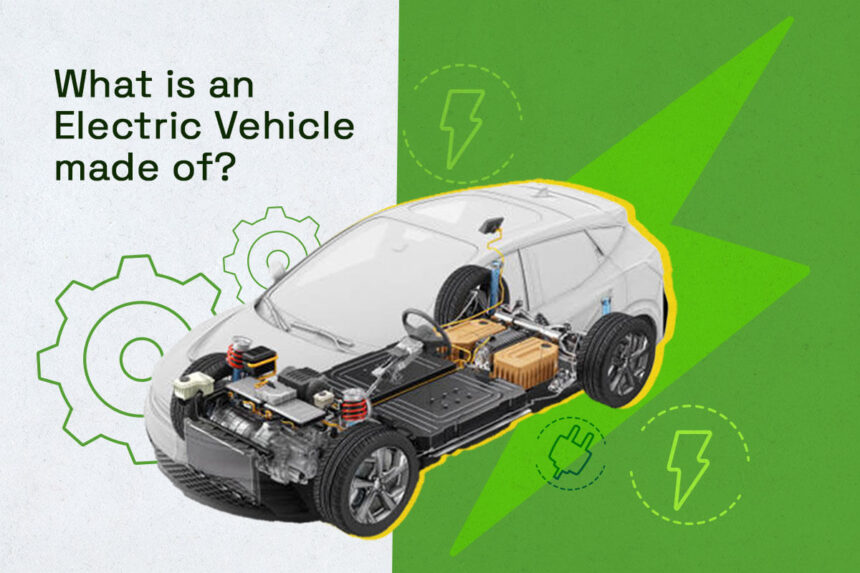Renewable energy, also known as clean power generation, holds immense promise for a sustainable future. As the world grapples with the challenges of climate change and energy security, the transition towards renewable energy sources has become a global imperative. In this article, we will explore the exciting future of renewable energy, its current state, advancements, potential, environmental and social benefits, as well as the challenges that need to be addressed for a smooth transition. Let’s dive in!
1. Introduction
Renewable energy refers to energy derived from natural resources that are replenished constantly, such as sunlight, wind, water, and geothermal heat. Unlike fossil fuels, which deplete over time and contribute to environmental degradation, renewable energy sources offer a clean and sustainable alternative. The future of clean power generation holds the key to combating climate change, reducing greenhouse gas emissions, and achieving energy independence.
2. Current state of renewable energy
Renewable energy sources have witnessed remarkable growth and adoption in recent years. Solar photovoltaic (PV) panels, wind turbines, hydropower plants, and bioenergy systems are among the most prominent renewable energy technologies being deployed worldwide. These sources of clean power have gained significant traction due to technological advancements, declining costs, and increasing awareness of the environmental impacts associated with fossil fuels.
3. Advancements in renewable energy
The future of renewable energy looks even brighter with ongoing advancements and breakthroughs. Technological innovations, such as more efficient solar panels, advanced wind turbine designs, and improved energy storage systems, have played a crucial role in increasing the viability and scalability of renewable energy. Furthermore, the cost of renewable energy generation has been steadily decreasing, making it more economically competitive with traditional energy sources.
4. The future potential of renewable energy
Renewable energy’s potential for the future is immense. As advancements in energy storage technologies continue to progress, the intermittent nature of renewable sources like solar and wind can be effectively managed, ensuring a reliable and consistent power supply. Additionally, the concept of decentralized energy systems and smart grids enables efficient distribution and utilization of clean power, empowering communities to become self-sufficient and resilient.
5. Environmental and social benefits
One of the most compelling reasons to embrace renewable energy is its positive environmental impact. By displacing fossil fuels, clean power generation significantly reduces greenhouse gas emissions, helping to mitigate climate change and improve air quality. Moreover, the renewable energy sector offers significant job creation and economic opportunities, fostering sustainable development and enhancing energy security.
6. Challenges and barriers
While renewable energy holds great promise, it also faces several challenges and barriers that need to be addressed. Intermittency, the fluctuating nature of renewable energy sources, poses a challenge for grid integration and stability. The variability in solar and wind power generation requires effective energy storage solutions to ensure a consistent power supply. Additionally, the existing policy and regulatory frameworks may not be fully aligned with the needs of clean power generation, hindering its widespread adoption.
7. Overcoming challenges
Efforts are underway to overcome the challenges associated with renewable energy. Research and development initiatives are focused on improving energy storage technologies, such as advanced batteries and grid-scale solutions like pumped hydro storage and hydrogen systems. International collaborations and agreements are also essential in driving the transition to renewable energy, promoting knowledge sharing, and fostering supportive policies and regulations.
8. The role of renewable energy in addressing climate change
Renewable energy plays a vital role in mitigating the impacts of climate change. By reducing reliance on fossil fuels, clean power generation helps to decrease greenhouse gas emissions, which are the primary drivers of global warming. Transitioning to a low-carbon economy powered by renewable energy is crucial to limit the rise in global temperatures and safeguard the planet for future generations.
9. Conclusion
The future of renewable energy, clean power generation, holds tremendous promise for a sustainable and resilient world. With ongoing technological advancements, cost reductions, and increased awareness of environmental concerns, renewable energy sources are becoming increasingly viable and competitive. The integration of renewable energy with energy storage technologies, decentralized systems, and smart grids will pave the way for a reliable and efficient clean power infrastructure. While challenges exist, concerted efforts through research, policy, and international cooperation can drive the transition to a cleaner, greener energy future.
FAQs
1. Are renewable energy sources truly sustainable?
Yes, renewable energy sources are considered sustainable because they rely on natural resources that are constantly replenished. Unlike fossil fuels, which deplete over time, renewable energy offers a virtually unlimited and clean source of power generation.
2. Can renewable energy compete with traditional energy sources in terms of cost?
Yes, renewable energy costs have significantly decreased over the years, making them increasingly competitive with traditional energy sources. Technological advancements, economies of scale, and supportive policies have contributed to the declining costs of clean power generation.
3. What role can individuals play in promoting renewable energy?
Individuals can contribute to the growth of renewable energy by adopting energy-efficient practices, investing in rooftop solar panels, supporting renewable energy initiatives, and advocating for renewable energy policies at the community and government levels.
4. How does renewable energy contribute to job creation?
Renewable energy projects require a skilled workforce for installation, maintenance, and operation. The sector offers job opportunities across various fields, including engineering, manufacturing, construction, and research and development.
5. Can renewable energy alone meet the world’s energy demands?
While renewable energy has the potential to meet a significant portion of the world’s energy demands, a diversified energy mix that includes both renewable and other sources will be necessary to ensure reliable and resilient power supply. Integration with energy storage and smart grid technologies will play a crucial role in optimizing the use of renewable energy and addressing any intermittency challenges.
In conclusion, the future of renewable energy, clean power generation, is bright and promising. With continued advancements, supportive policies, and international collaborations, renewable energy sources will play a vital role in mitigating climate change, reducing greenhouse gas emissions, and creating a sustainable and prosperous future for all. Embracing clean power is not just an environmental necessity but also an opportunity to build a resilient and equitable energy system that benefits present and future generations.


